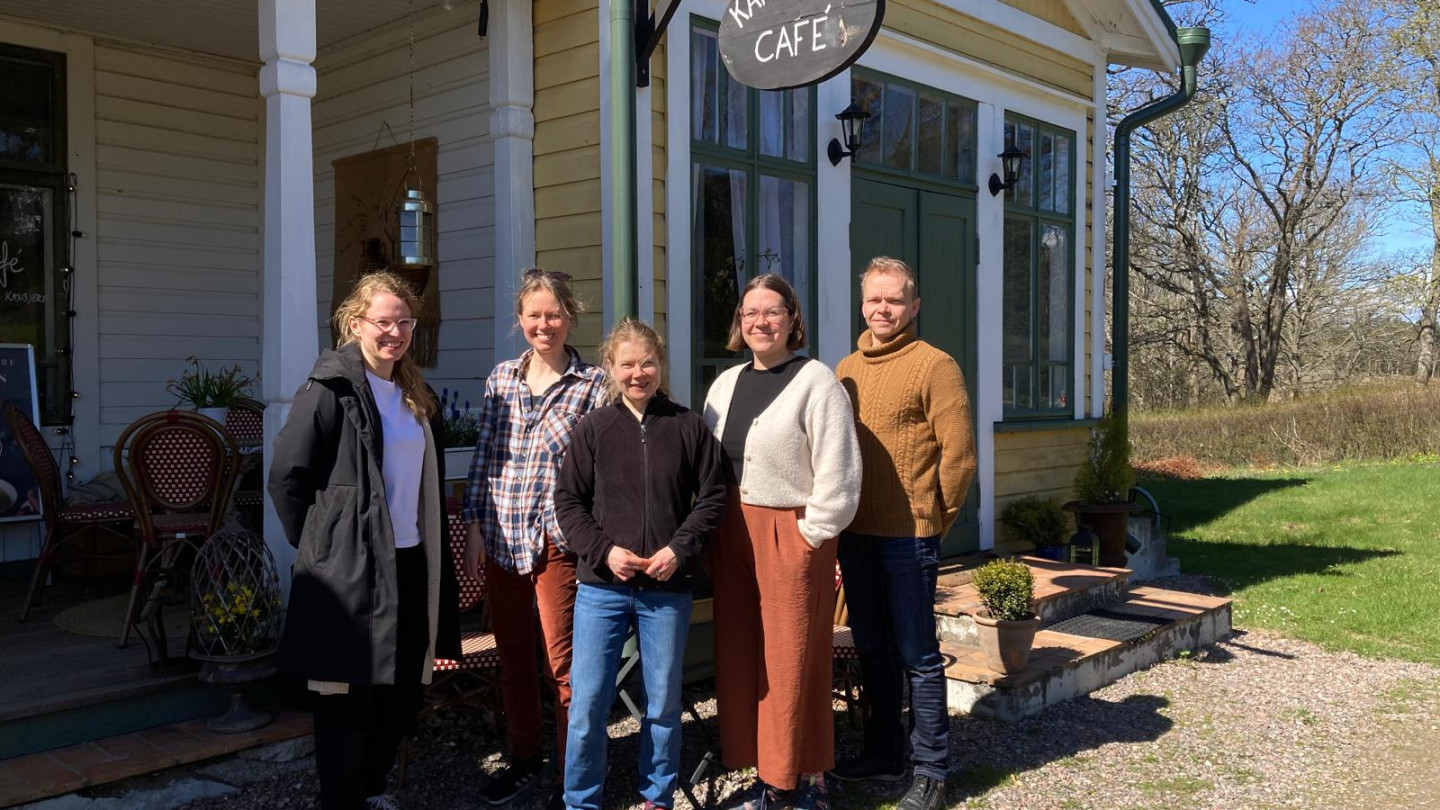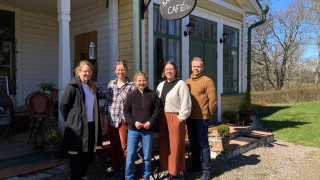Well-being paradigms and the possibility of a sustainability transition

Project description
Our project examines the current paradigms of well-being in Finnish society and their connection to the possibilities of a sustainability transition:
1. identifying the current paradigms of well-being and their content
2. examining their connection to the possibilities of a sustainability transition
3. constructing a socio-theoretical framework for an alternative planetary well-being paradigm.
Previous research on the sustainability transition has focused on socio-technical solutions, transition policy, and the fairness of the transition. A more fundamental question about the content of sustainable well-being has been left aside, but it is critically important for the sustainability transition: wealthy countries have built well-being through material living standards, and production growth is justified by its effects on well-being. On the other hand, transition can weaken the well-being of some population groups. Increasing well-being as a generally accepted goal of societies means that prevailing paradigms of well-being can have a major impact on what kind of transition policies are opposed or accepted. However, the relationship between paradigms and the transition to sustainability has not been studied empirically or from the perspective of well-being. We address this research gap using methods from social sciences, ethnology, and philosophy.
Our theoretical tools are the tipping point theory of systemic change and planetary well-being. WP1 examines the prevailing paradigms of well-being in our society and their connections to promoting sustainability transition. WP2 ties the project to the current state of sustainability transition in Finland by looking at the end of peat energy use and the projects of the Just Transition Fund. WP3 produces tools for critical reflection on paradigms, an alternative framework for well-being (human well-being as part of planetary well-being), and seeks avenues for influencing paradigm change. The knowledge produced in the project supports the possibilities for a profound sustainability transition, as well as research and critical social debate on sustainable well-being.
Previous publications related to the project
Hirvilammi, T., & Kortetmäki, T. (2025). Eco-social policies for planetary well-being. In The Eco-Social Polity? (pp. 11-23). Teoksessa Domorenok, Graziano & Zimmermann (eds.) The Eco-Social Polity? Theoretical, Conceptual and Empirical issues. Policy Press.
Kortetmäki, T., Puurtinen, M., Salo, M., Aro, R., Baumeister, S., Duflot, R., . . . Kotiaho, J. S. (2021-11-02). Planetary well-being. Humanities & social sciences communications, 8(1), 1-8. https://doi.org/10.1057/s41599-021-00899-3
Kortetmäki, T., Puurtinen, M., Salo, M., Cortés-Capano, G., Karkulehto, S., Kotiaho, J. S., Planetary well-being: Ontology and ethics. Teoksessa Elo, M. ym. (2024): Interdisciplinary perspectives to planetary well-being. Routledge.
Kortetmäki, T., Timmermann, C., & Tribaldos, T. (2025). Just transition boundaries: Clarifying the meaning of just transition. Environmental Innovation and Societal Transitions, 55, 100957.
Raippalinna, L., Hämeenaho, P., Salmi, J., Ontological differences and the pursuit of planetary well-being. Teoksessa Elo, M. ym. (2024): Interdisciplinary perspectives to planetary well-being. Routledge.
Lukkarinen, J. P., Salo, M., Faehnle, M., Saarikoski, H., Hyysalo, S., Auvinen, K., Lähteenoja, S., & Marttila, T. (2023). Citizen energy lost in sustainability transitions : Knowledge co-production in a complex governance context. Energy Research and Social Science, 96, Article 102932. https://doi.org/10.1016/j.erss.2022.102932
Möttönen, S., Salo, M., Litmanen, T., & Konttinen, E. (2023). Ympäristönsuojelulaki vuotaa : turvekiista tunnustuskamppailuna. Alue ja ympäristö, 52(1), 77-96. https://doi.org/10.30663/ay.115243
Möttönen, S., Salo, M., & Konttinen, E. (2022). Kansalaiset ympäristöhallinnan osapuolena : Keski-Suomen turvekiista esimerkkinä. Alue ja ympäristö, 51(1), 207-210. https://doi.org/10.30663/ay.115637
Husu, H.-M., & Salo, M. (2022). The formation of feed-in tariffs and the emergence of wind power in Finnish routine corporatism : favoring the economics of large-scale energy production. Environmental Politics, 31(3), 478-497. https://doi.org/10.1080/09644016.2021.1926774






